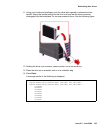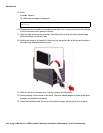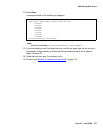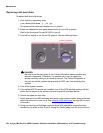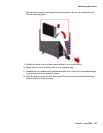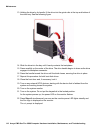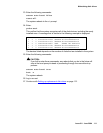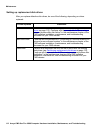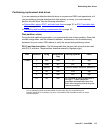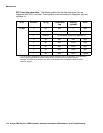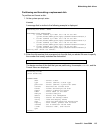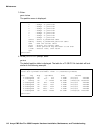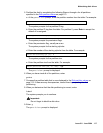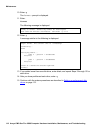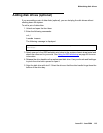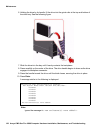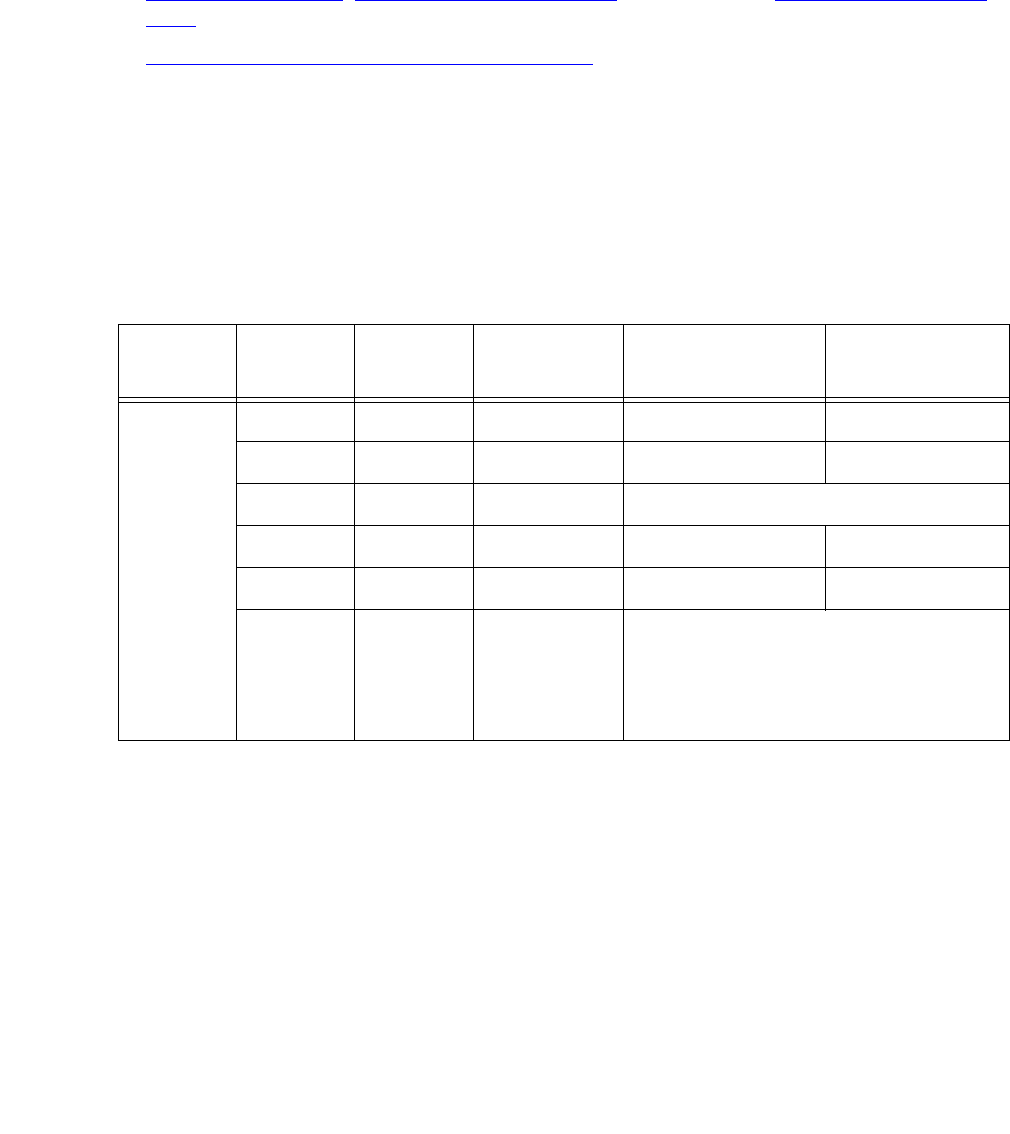
Maintaining disk drives
Issue 2.0 June 2004 113
Partitioning replacement disk drives
If you are replacing a defective data disk drive in a system and CMS is not operational, or if
you are replacing a single defective boot disk (primary or mirror), you must manually
partition the disk drive. Use the following information:
● Disk partition values, R3V11 and later boot disks on page 113 or R3V11 and later data
disks on page 114.
● Partitioning and formatting a replacement disk on page 115.
Disk partition values
During the disk partitioning procedure, you must enter the size of each partition. Since disk
models change often, see the software installation, maintenance, and troubleshooting
document for your current CMS release to verify the correct disk partitioning values.
R3V11 and later boot disks - The following table lists the boot disk drives that are used
with R3V11 and later. These partition sizes are entered in Gigabytes (gb).
Disk Partition ID tag Permission
flag
Starting cylinder Value
73-GB
0 root wm 0 4gb
1 swap wu 825 1gb
2
1
1. The value that is displayed for the backup partition shows the size of the disk drive. If the disk drive
you are partitioning does not closely match the size of the disk you are partitioning (for
example, 68-GB for a 73-GB disk), you have a nonstandard disk. Escalate the issue to Avaya
technical support.
backup wm Use the default values for partition 2.
3 un wm 1032 3gb
4 un wm 1651 2gb
5-7 un wm Do not enter a value for partitions 5
through 7. These values are
populated automatically when the
boot disks resynchronize during the
restore procedure.



